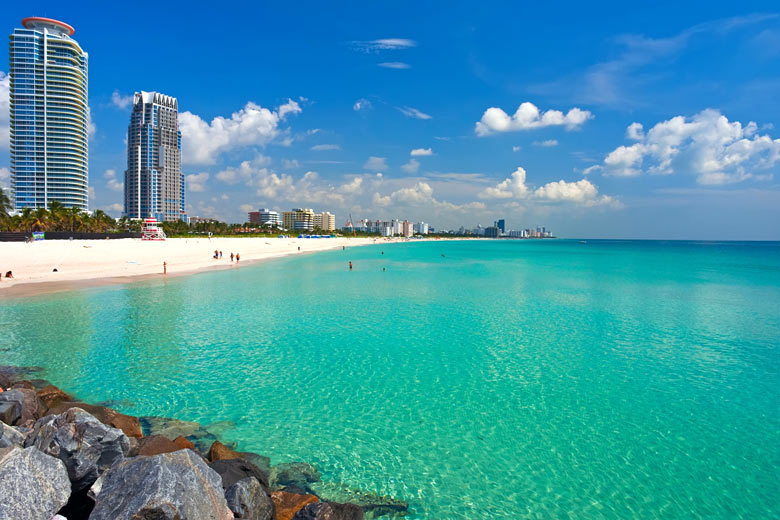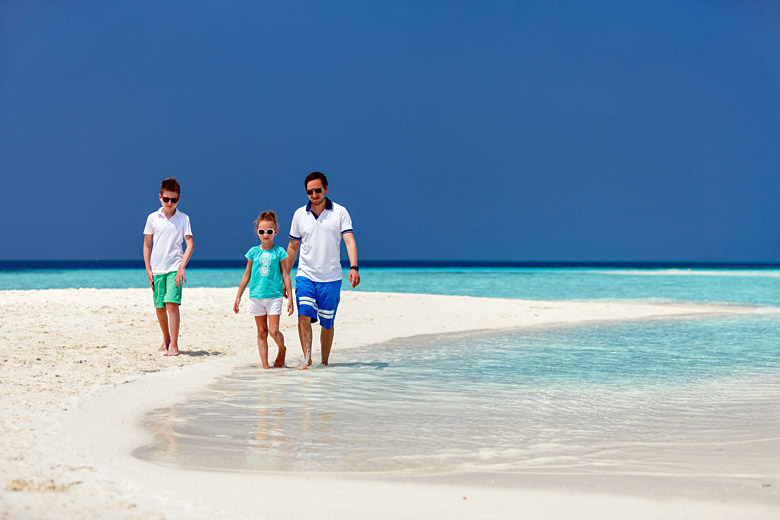- Book popular Paris sights & activities with Get Your Guide
- Enjoy Seine river cruises, guided tours & show tickets
- Filter deals by time, prices, length of activity & more
Kansas weather by month
Check out Kansas weather averages by month. Compare detailed monthly climate statistics including temperature, rainfall and sunshine figures.
| Jan | Feb | Mar | Apr | May | Jun | Jul | Aug | Sep | Oct | Nov | Dec | |
|---|---|---|---|---|---|---|---|---|---|---|---|---|
| Maximum daytime temperature °C | ||||||||||||
| Hours of sunshine (daily) | ||||||||||||
| Days with some rainfall |
More about Kansas
Kansas by month
Jan Feb Mar Apr May Jun Jul Aug Sep Oct Nov Dec
Recommended for Kansas
The climate guide for Kansas (Wichita) shows long term monthly weather averages processed from data supplied by CRU (University of East Anglia), the Met Office & the Netherlands Meteorological Institute. Find out more about our data sources.
Top Kansas destinations
More Kansas destinations
All Kansas destinations
Metric (°C / mm) | Imperial (°F / inches)
Kansas climate overview
Named after the Kansas River, Kansas lies literally in the centre of the so-called 'lower 48' states of the United States. In the nineteenth century wagon trains rolled through here on their way west on the Santa Fe Trail across what was then almost entirely grass covered prairie. Today most of the land is under cultivation as Kansas is one of the nation's leading agricultural states. Long known as the Wheat State, nearly 20 percent of the population are employed in jobs related to agriculture.
The landscape of Kansas is basically flat, rising gradually from east to west. Eastern Kansas, the most populated area of the state, has hills, ridges, river valleys, woods and farmland. Oak, walnut, and maple trees grow here as well as the ubiquitous cottonwood, and the largest remaining remnants of true tall-grass prairie can also be found. Rainfall in the east is usually twice that of the west, with most falling between April and August, sometimes as heavy thundershowers or hailstorms. Light snowfalls occur in winter.
Western Kansas consists of vast treeless regions with shallow gullies known as 'The Great Plains', a short-grass prairie. Here rainfall is far more variable from year to year, with droughts sometimes creating dust-bowl conditions. Buffalo grass is native in the west and central areas, but the most common sight is endless miles of wheat fields.
Over the whole state the climate is mid-latitude, with cold winters and hot summers. Except in the south. winter temperatures are generally below freezing, with warm to hot conditions prevailing in summer.
Kansas is at the heart of so called 'Tornado Alley' where, particularly in the central part of the state, the risks of encountering one are highest from March to June.
More about the USA
Compare Kansas with the UK
Below the Kansas chart shows average maximum daytime temperature for Kansas, USA (Wichita) and the UK (London).
Maximum daytime temperature (°C)
Metric (°C / mm) | Imperial (°F / inches)
Compare more Kansas weather >>
Be inspired
Get your weekly fix of holiday inspiration from some of the world's best travel writers plus save on your next trip with the latest exclusive offers
We promise not to share your details
Related posts
Popular travel offers
Explore holidays in the sun for less
- Beach holidays
- Family holidays
- City breaks
- Summer holidays
- Winter sun holidays
- Holiday offers
- Top travel brands
- Airlines & flights
- Discount hotels
- Airport parking deals
- TUI
- Jet2holidays
- easyJet holidays
- Love Holidays
- Black Friday sales
Airport parking
- Manchester Airport
- Stansted Airport
- Bristol Airport
- Luton Airport
- Birmingham Airport
- Edinburgh Airport
- Gatwick Airport
- Glasgow Airport
- Newcastle Airport
Airport lounges
- Manchester Airport
- Birmingham Airport
- Bristol Airport
- Edinburgh Airport
- Glasgow Airport
- Heathrow Airport
- Newcastle Airport
- Stansted Airport
- Gatwick Airport





































